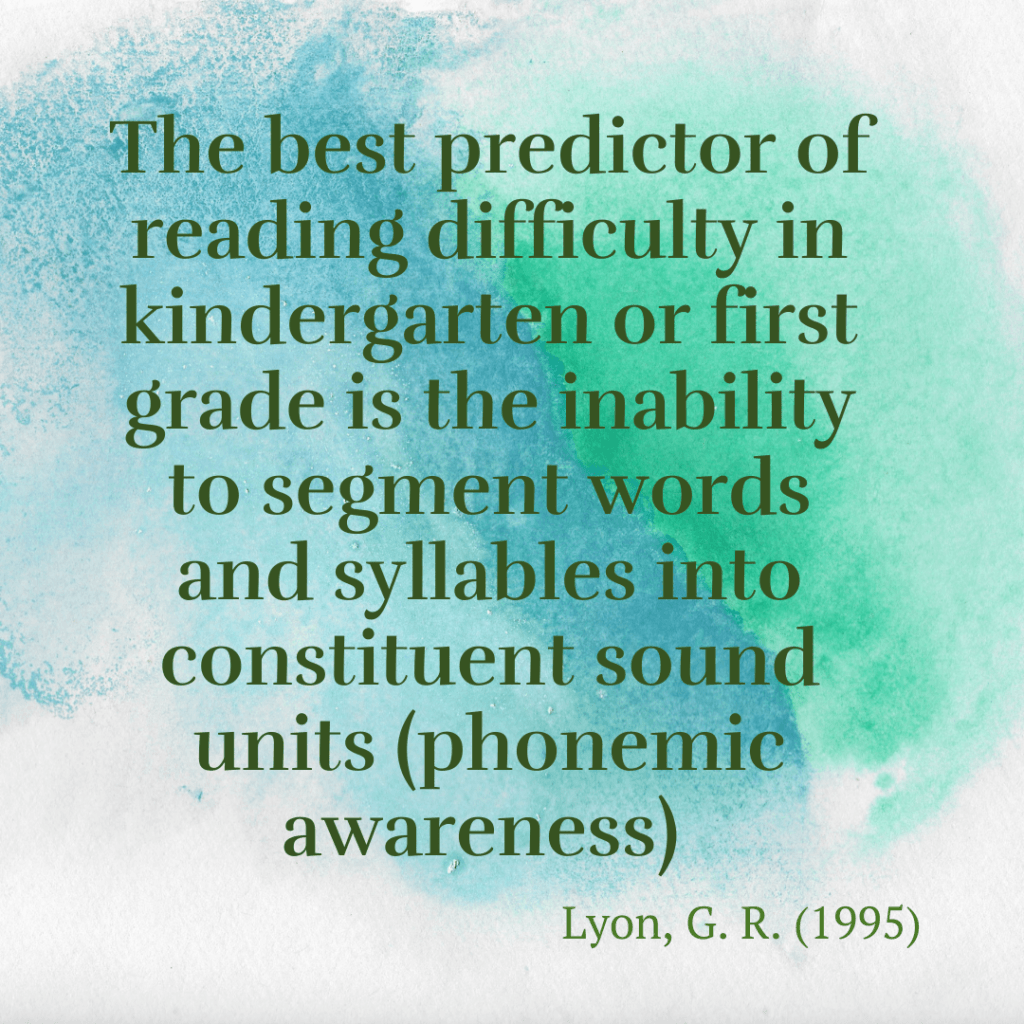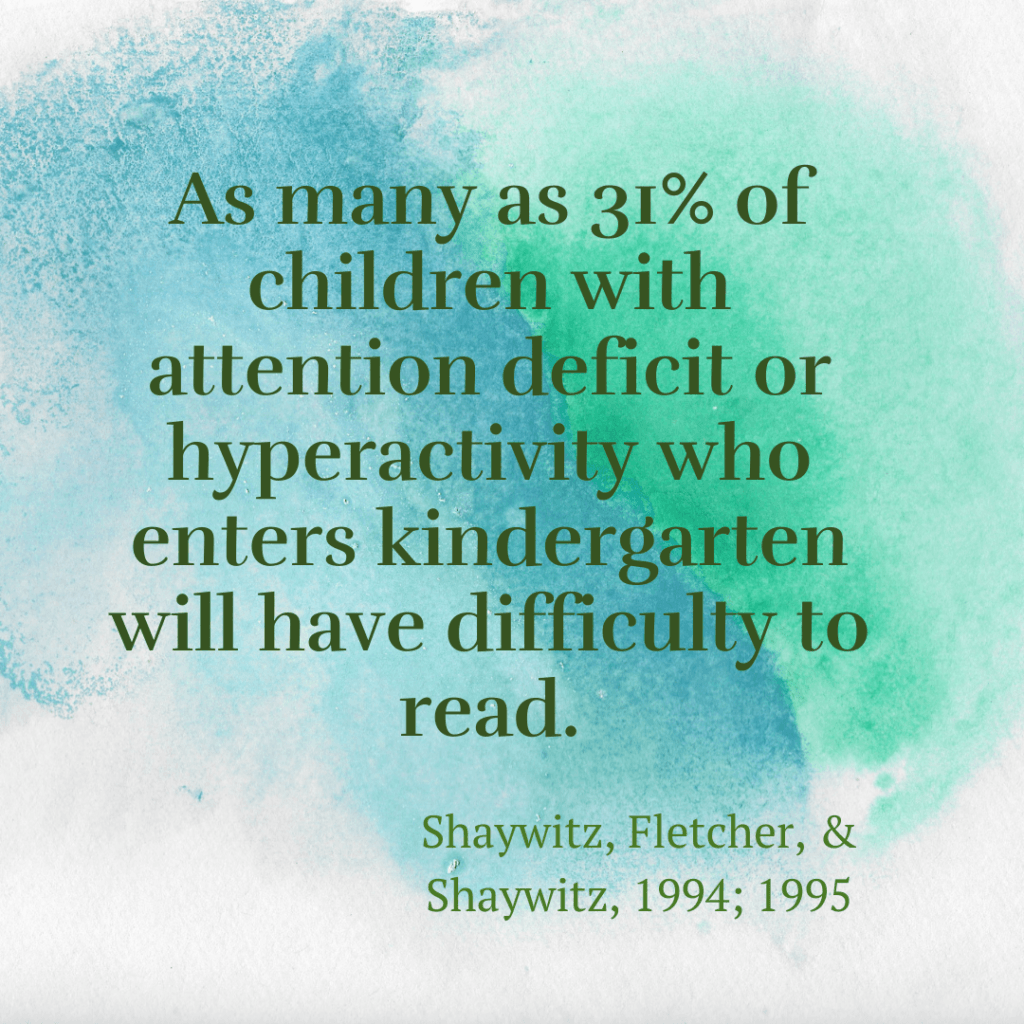
Phonemic awareness is the ability to hear, identify and manipulate individual sounds in spoken words. It is the ability to hear when it comes to phonemic awareness. It is a skill that is very much-needed to support children towards reading. Most children learn about spoken language through daily conversations and mimicking their family members as they grow up. As much as you read to your child from birth, most materials are presented in picture format instead of words. Words were introduced at a later stage in children’s reading materials.

Importance of Phonemic Awareness
Having phonemic awareness will support a child’s reading ability in the future. The ability to pick up sounds from each letter to the speech that they hear supports a child’s ability to piece together words, sentences and ultimately, comprehension of what they read.
Children Development in Phonemic Awareness
According to research, Development of Sight Word Reading: Phases and Findings by Ehri, 2005, children would pick up the letters at kindergarten level. They would be able to name all the 26 alphabets, both in upper and lowercase. Most kindergartens would introduce sounds to the letters as children were taught to recognize the alphabets. Some children at this level may rely on the beginning and end letter to make sound of a word.
By the end of Grade 1, typical children would rely less on pictures and improvement are seen in their ability to decode unknown words with fewer cues. However, their oral language comprehension still exceeds their reading comprehension. By Grade 3 and 4, typical readers would have mastered the skill to decode words and is able to focus more on comprehension skills. This is where knowledge, understanding and vocabulary comes into play to support children’s reading comprehension.

Children who have difficulty in their executive functioning skills may have difficulty in developing their reading skills. Executive functioning includes ability to:
- Self awareness
- Inhibition
- Non-verbal working function
- Verbal working memory
- Emotional self-regulation
- Self-motivation
- Planning and problem solving
Supporting Your Child in Developing Phonemic Awareness
Rhymes
Rhymes provides fun way to learn sounds, words and get your body moving. Hey diddle, diddle, Itsy Bitsy Spider, Five Little Monkeys, Ants go Marching or the collection of Mother Goose nursery rhyme provides many opportunities to create phonemic awareness. See here for a collection of nursery rhymes in alphabetical order.

Books
Famous children authors such as Eric Carle, Dr Seuss and Roald Dahl provide books that introduces words that rhymes or even silly tales to crack up your evening reading. There are numerous activities that goes along with the book which will reinforce your child’s phonemic awareness / reading skills.
Games
Games such as I Spy… (something starting with the letter “B” or something blue) also provides opportunity to introduce phonemic awareness in your child. You can also introduce scavenger hunt with similar concepts such as placing similar words such as pictures of cat, sat and hat at various locations at home and get your child to hunt for them.
Conclusion
If your kindergarten-going child is having difficulty in reading, remembering alphabets or producing sounds with each letters, it may be due to weak phonemic awareness. You can seek support or intervention to improve their skill. Reading therapists supports children in recognizing letters, sounding, blending to higher levels of comprehension, writing ability in children. Children with additional needs such as ADHD or dyslexia will benefit from sessions with reading therapists. If you are concerned (or your child’s teacher has expressed their concern), you can contact us for an observation session for your child.
Read more
- How children learn to read from Reading Rockets
- How to improve executive functioning skills for your child from Mind Story